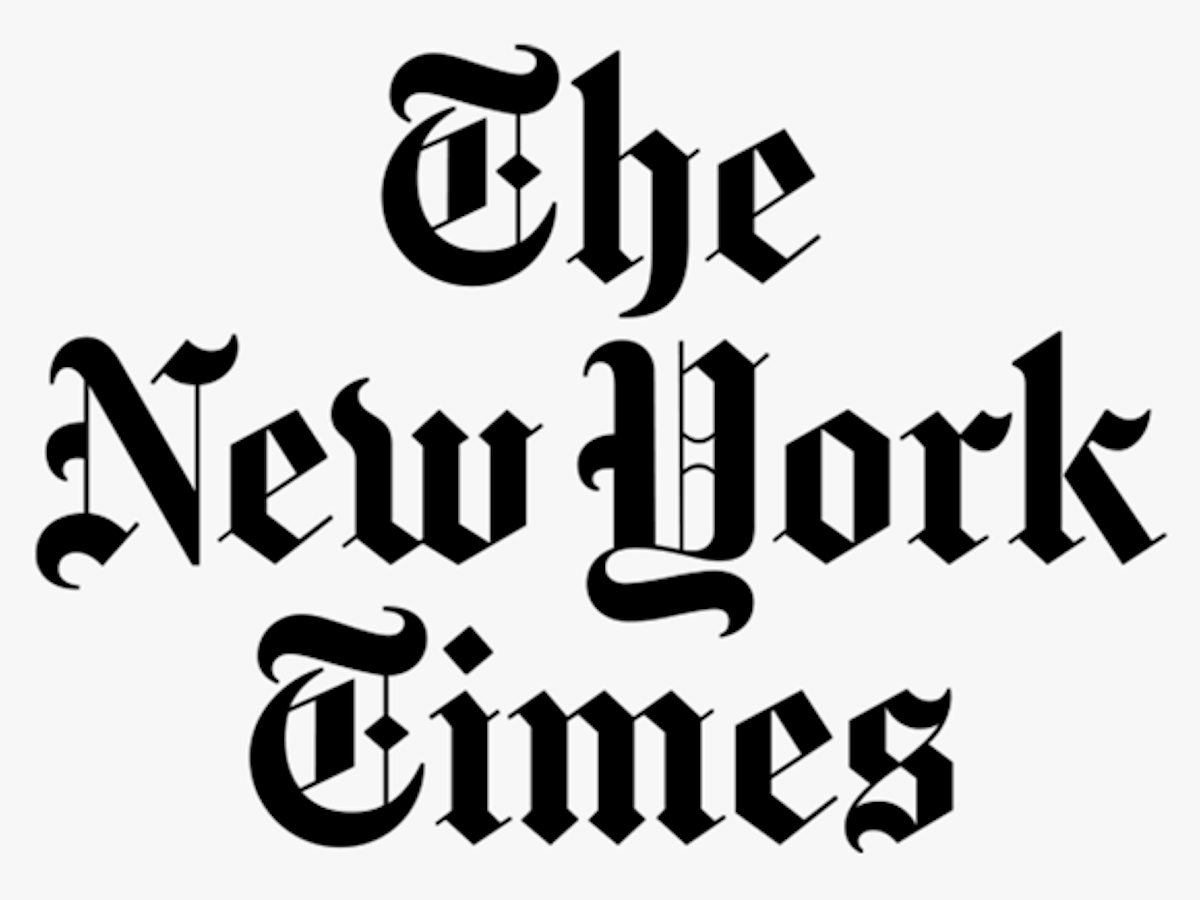New York Times: Victims of Charlottesville Rally Argue the Violence Was Planned
By: Integrity First For America News Coverage
By Neil MacFarquhar, New York Times. Read the full article here.
The violent rally started with a mob of men brandishing burning torches in the heart of an American city while chanting racist, antisemitic slogans, and it ended with a woman murdered, scarring a nation. Now, more than four years later, a civil trial starting on Monday in Charlottesville, Va., will revisit those unsettling events.
The long-delayed lawsuit in federal court against two dozen organizers of the march will examine one of the most violent manifestations of far-right views in recent history. Since the rally in August 2017, extremist ideology has seeped from the online world and surfaced in other violence, ranging from street clashes between far-right groups and leftists in Portland, Ore., to the storming of the Michigan Statehouse, to the Jan. 6 attack on the U.S. Capitol. The federal government has called the rise of domestic extremism a lethal threat to the United States.
The plaintiffs accuse the organizers of the Charlottesville rally of plotting to foment the violence that left them injured, while the defendants counter that their views constituted free speech, however offensive others might find it, and that the bloodshed stemmed from self-defense.
Using a combination of digital sleuthing and a 19th-century law written to curb the Ku Klux Klan, the lawyers for the nine plaintiffs in the Charlottesville case are hoping that their quest for unspecified financial damages will both punish the organizers and deter others.
